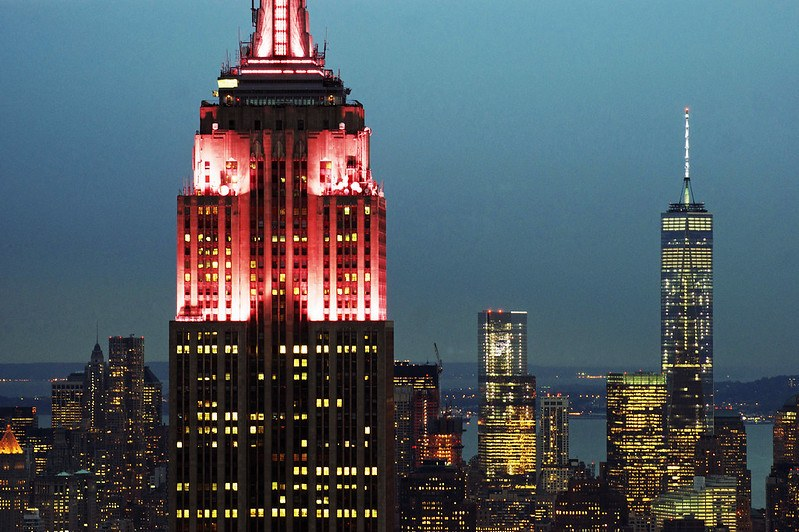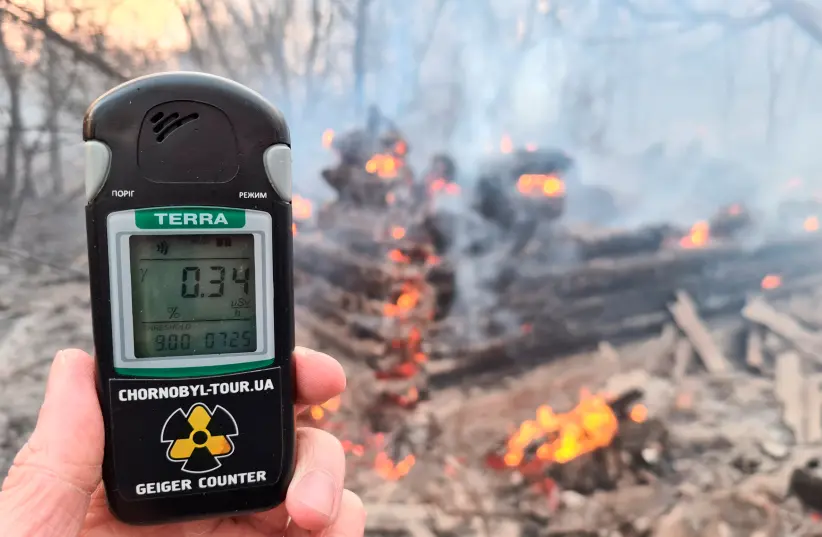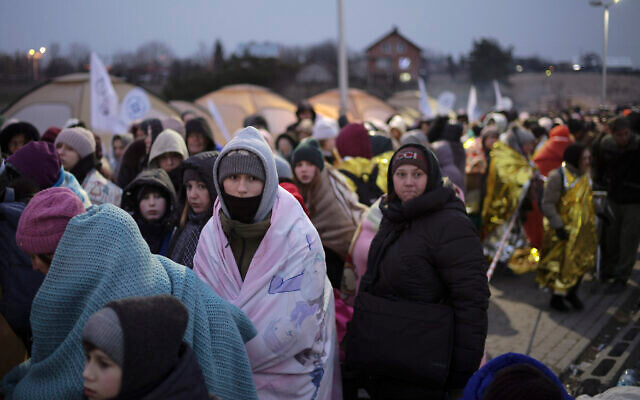Erdogan Aide Says Zelenskyy, Israel and Soros ‘Leading Ukrainians to Death’

Just before Israeli President Herzog arrives for Turkey visit, Erdogan’s adviser says in an antisemitic tweet that Ukraine and its people ‘are being used up and thrown away’
A senior adviser to Turkish President Recep Tayyip Erdogan accused Ukraine’s Volodymyr Zelenskyy of leading his own people to death in the fight against Russia’s invasion, and said the Ukrainian president, who is Jewish, is supported by Israel and billionaire financier George Soros.








